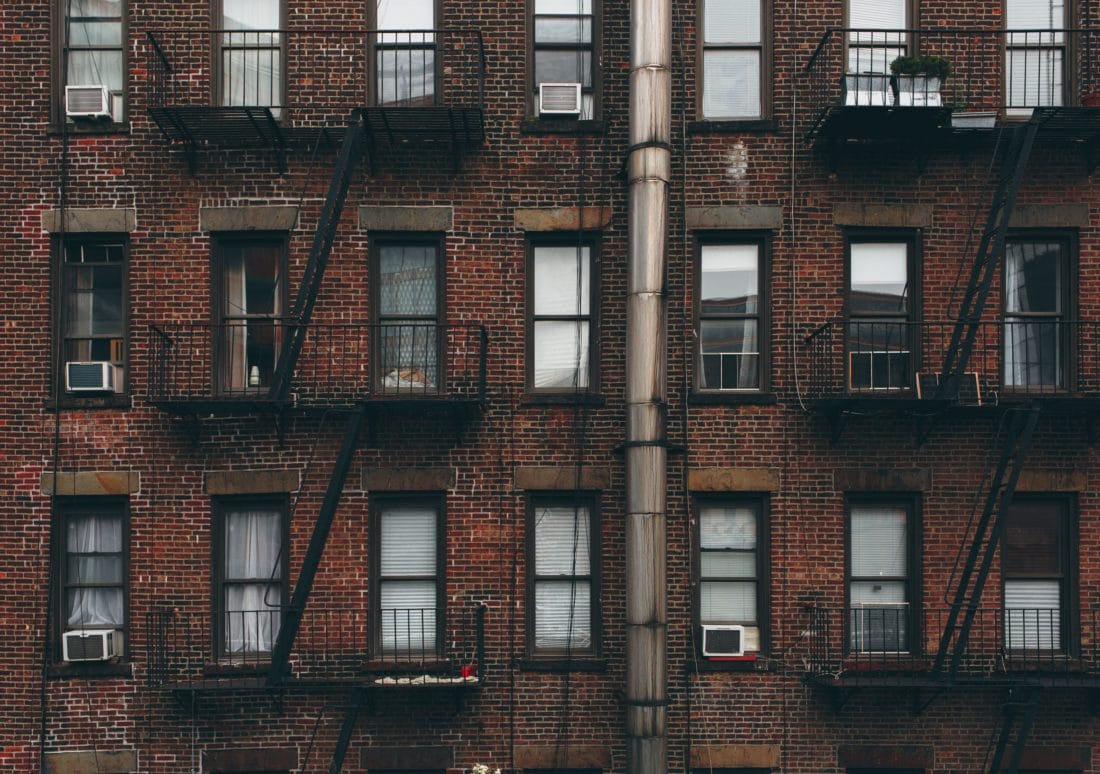‘Tenant Bill of Rights’ Will Help New Yorkers Hold Landlords Accountable


NEW YORK CITY — Today, Comptroller Scott M. Stringer called for legislation creating a “Tenant Bill of Rights” that would require landlords to share critical information with their tenants.
The proposed Bill of Rights is based on the Comptroller’s report that found New Yorkers have a knowledge gap in their housing rights, as well as an overwhelming amount of 311 complaints — more than 5.8 million calls in the last 9 years — that were focused on basic utilities that every home is supposed to provide, like hot water, heating, and plumbing.
The bill would protect New York City tenants from landlords by putting the responsibility on the landlords themselves to be clear on housing protections, applications and security deposits, anti-discrimination, heat and hot water access, habitability, rental payments, evictions and renewals, and some specific laws related to seniors. Basics many renters had to educate themselves on in the past.
The legislation would mandate the inclusion of a Tenant Bill of Rights at every lease-signing, ensuring all New York renters are aware of their housing rights. After all, there are 2.1 million rental apartments in the city.
“Knowledge is power, and the rights and resources generations of activists fought for should be accessible, clear and mandatory for every single tenant,” said New York City Comptroller Scott M. Stringer in a statement. “A Tenant Bill of Rights would enshrine key principles and mandate that landlords who must provide all of their tenants with information that protects them against abuse and neglect — like charging illegally high security deposits at the time of lease-signing, or not providing heat on a cold winter’s night. We need to mandate that all tenants are empowered with a bill of rights at every lease signing.”
The proposed draft of the Tenant Bill of Rights outlines the following protections:
Applications and Security Deposits
- It is illegal for you to be charged a fee for an apartment application beyond a $20 charge to cover the cost of background and credit checks.
- Security deposits must be limited to one month’s rent.
- You have the right to have your landlord join you in a “walk-through” inspection to determine the condition of the apartment prior to moving in and out and provide a written agreement documenting all damages even after the lease is signed.
- Your landlord has fourteen (14) days after you vacate your apartment to provide you with an itemized statement indicating the specific damages and amount of the deposit that they will deduct and the remaining portion of your deposit. If not done within those 14 days, your landlord must return the full deposit amount to you
Discrimination
- It is illegal for landlords to discriminate in the rental of housing based on actual or perceived race, creed, color, national origin, gender (including gender identity), disability, age, marital or familial status, the presence of children, lawful occupation, sexual orientation, immigration status or domestic violence status.
- You are protected against discrimination based on a lawful source of income: the landlord may not refuse to rent to you based on your intention to pay the rent using child support, social security, section 8 or another rent subsidy.
Heat and Hot Water
- Your landlord must provide you with both hot and cold water. From 6:00 a.m. to midnight, hot water must register at or above a constant temperature of 120 degrees at the tap, and 110 degrees for tubs or showers equipped with anti-scald valves.
- Your landlord has a duty to provide heat and maintain 68°F between October 1 and May 31 (between 6 a.m. and 10 p.m.) when outside temp is below 55°F, and between 10:00 p.m. and 6:00 a.m. when outside temp is below 40°F.
Habitability
- Your building must be kept in good repair, including clean hallways and public areas, new apartment paint every three years, and extermination services for any rats, mice, roaches, bedbugs, or vermin. Electrical, plumbing, heating and appliances must be kept in good working order. You are entitled to be free of nuisance or harassment by your landlord or other tenants.
- Your landlord has a duty to conduct repairs even if you have complained or taken legal action.
Rent
- You cannot be required to pay rent using an electronic billing or payment system.
- You have a 5-day grace period for late rent payment. Late fees are capped at $50 or 5% of the monthly rent, whichever is less.
- In the case of non-payment proceedings, you have ten (10) days to appear or file before a default can occur.
Eviction and Renewal
- Your landlord must seek a court warrant to evict you, and unlawful evictions and attempts to force you to vacate are civil and criminal offenses.
- If you are a victim of domestic violence, you may terminate your lease early if not doing so exposes you or your child to substantial risk of physical or emotional harm.
Tenants 62 and Older
- If you or your spouse are sixty-two (62) years old or older, you are entitled to terminate your lease if you are relocating to an adult care facility, a residential health care facility, subsidized low-income housing, or other senior citizen housing.




